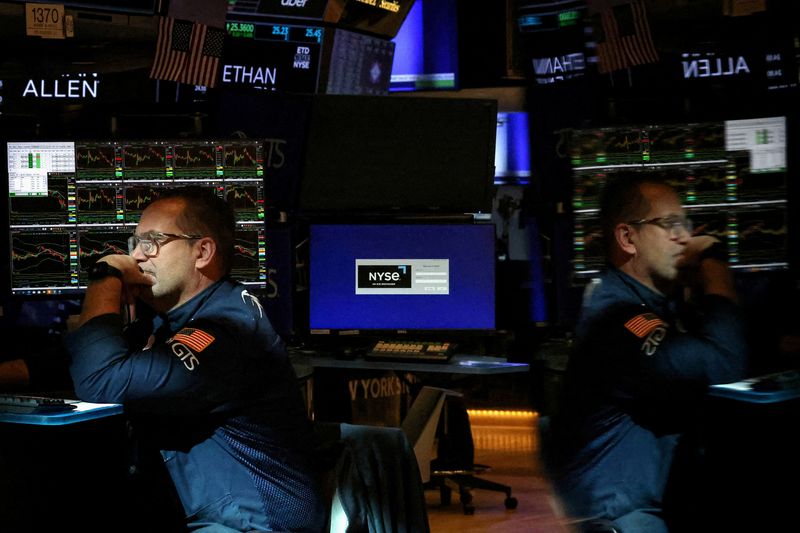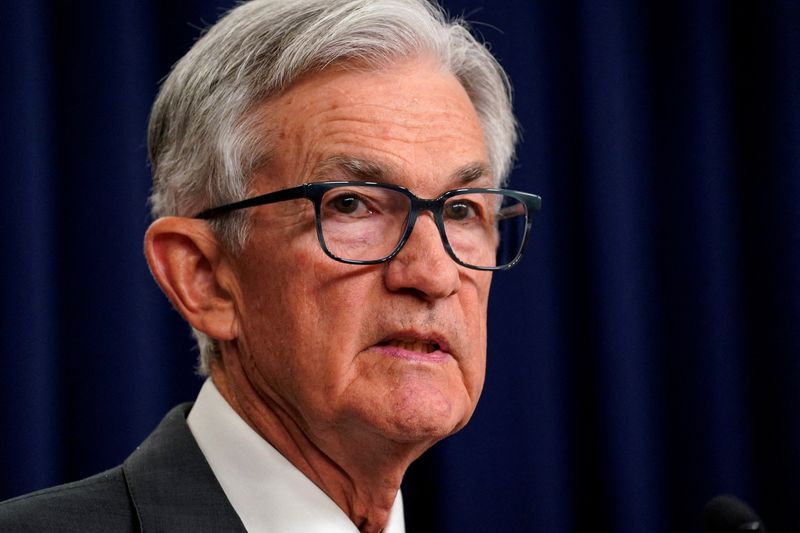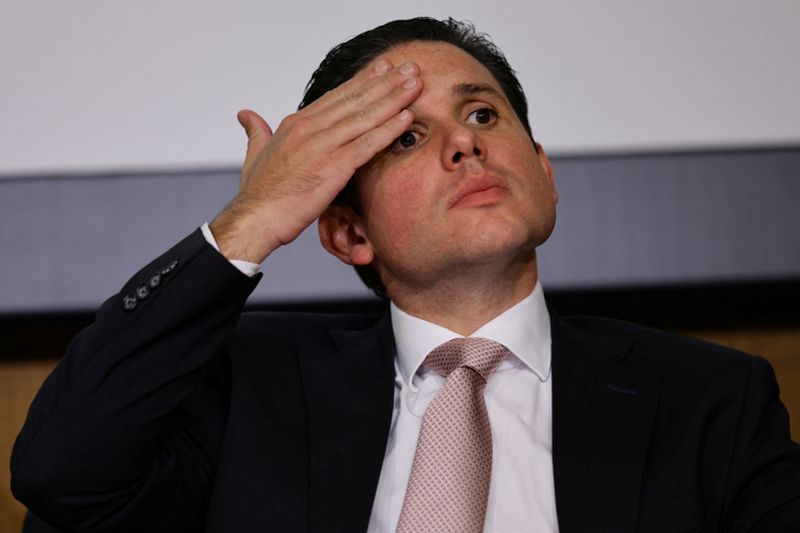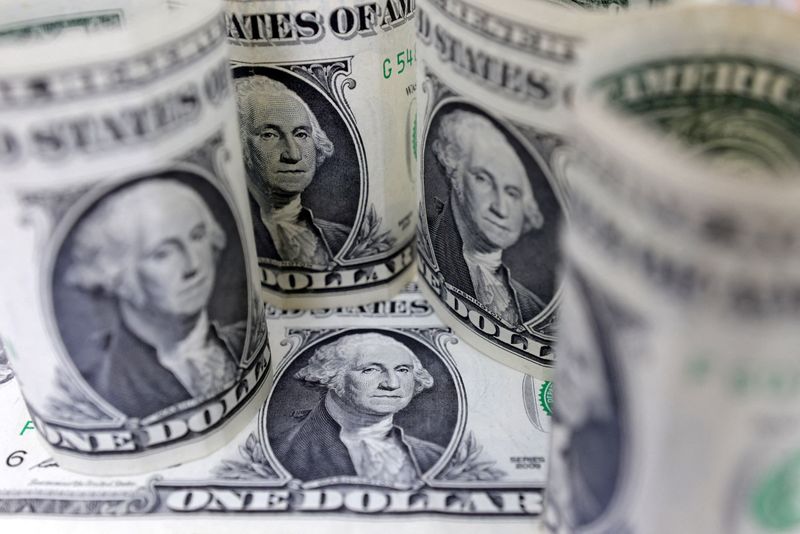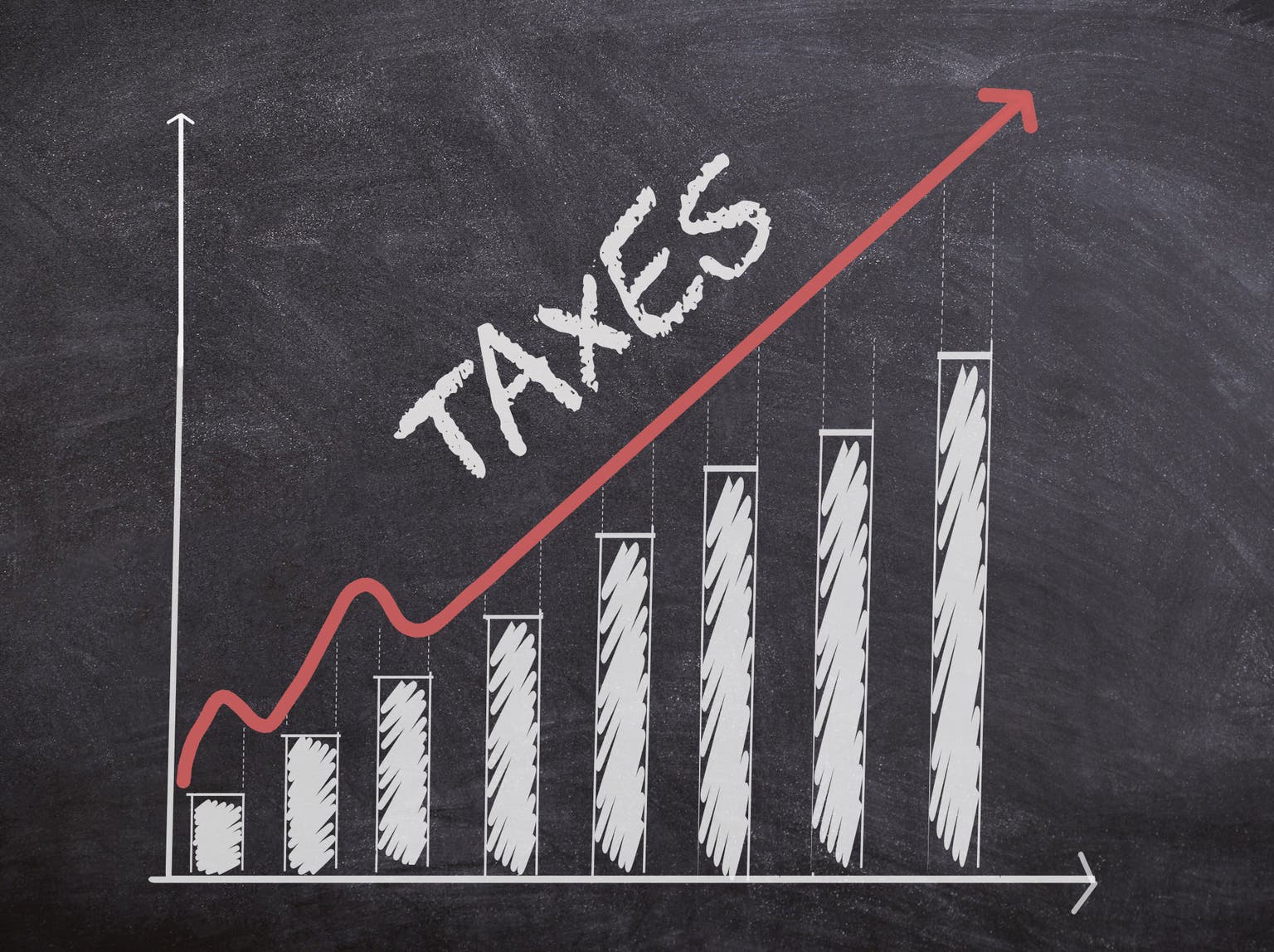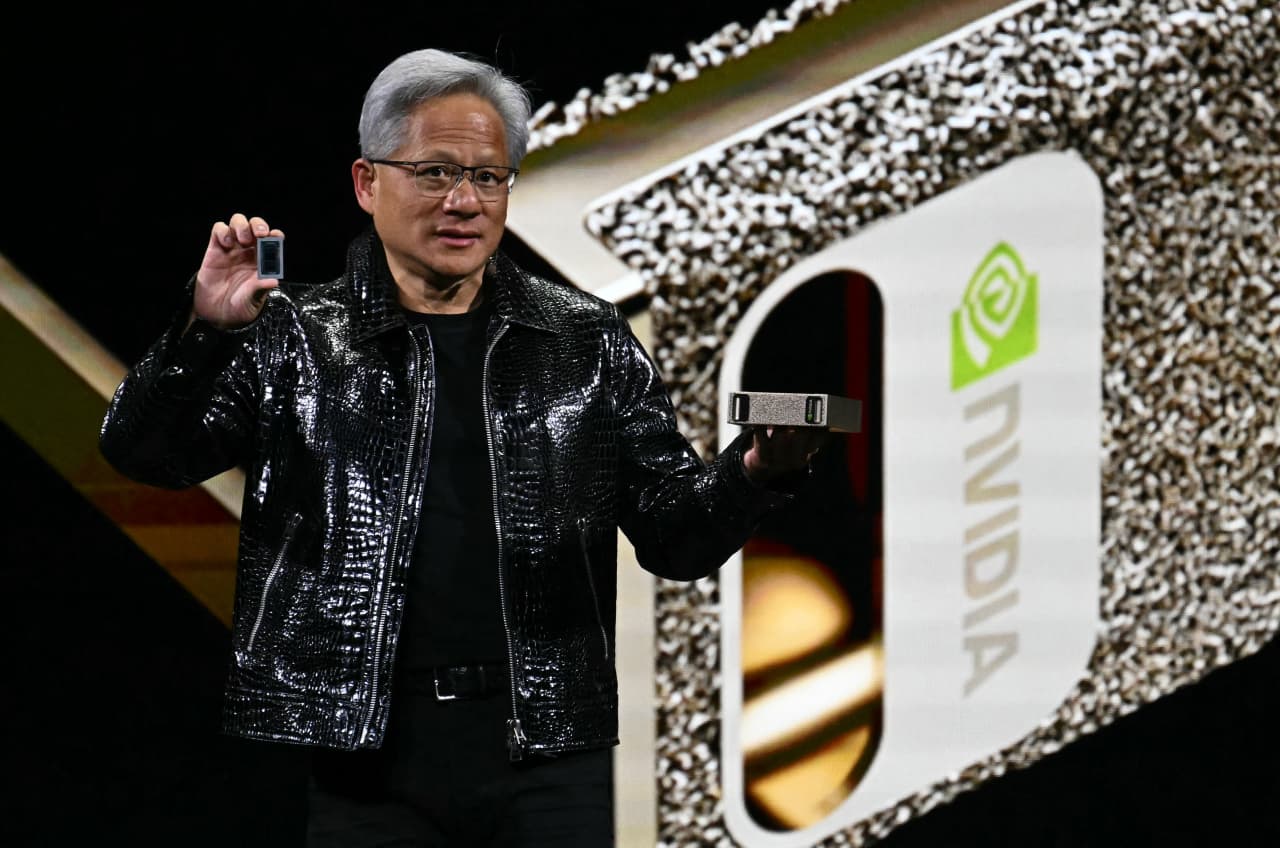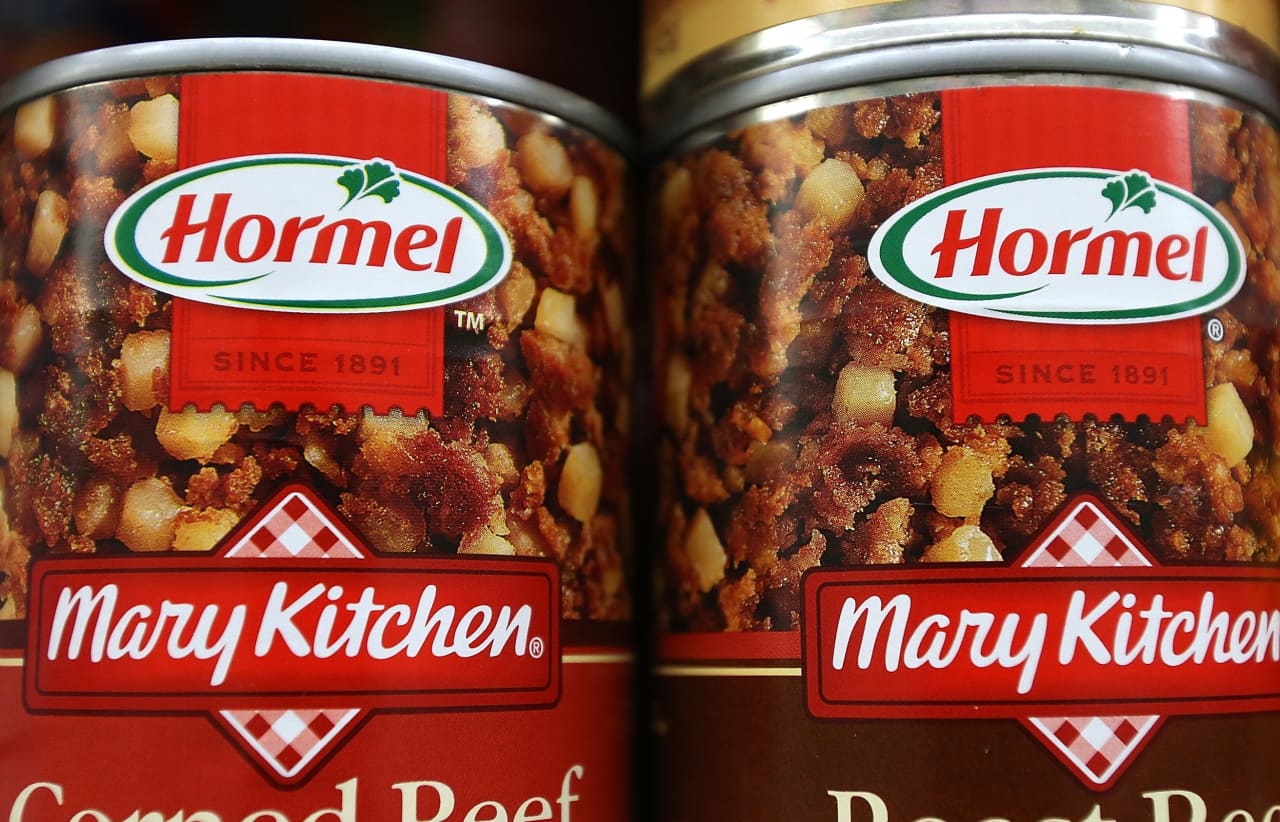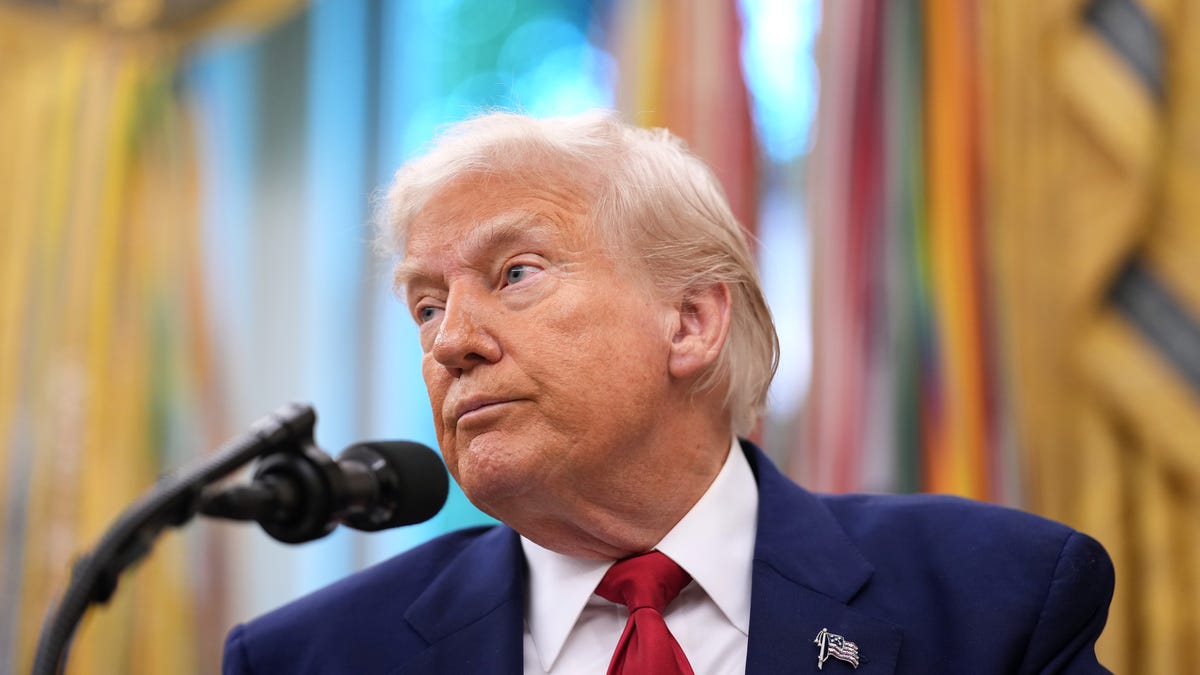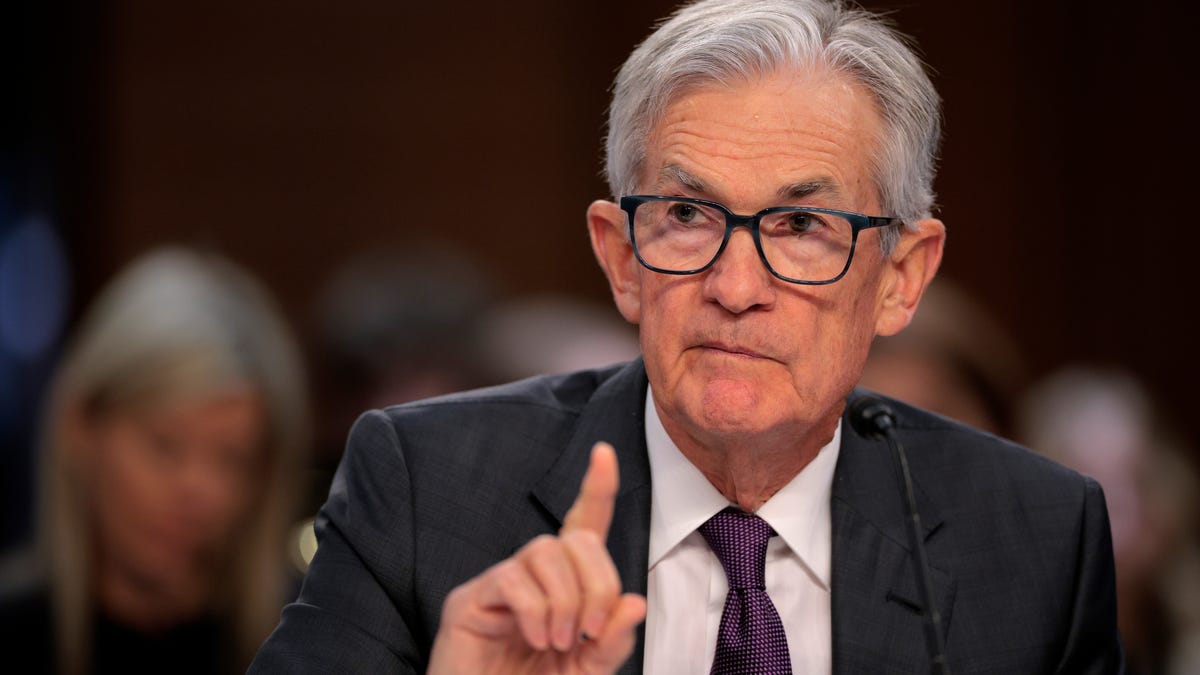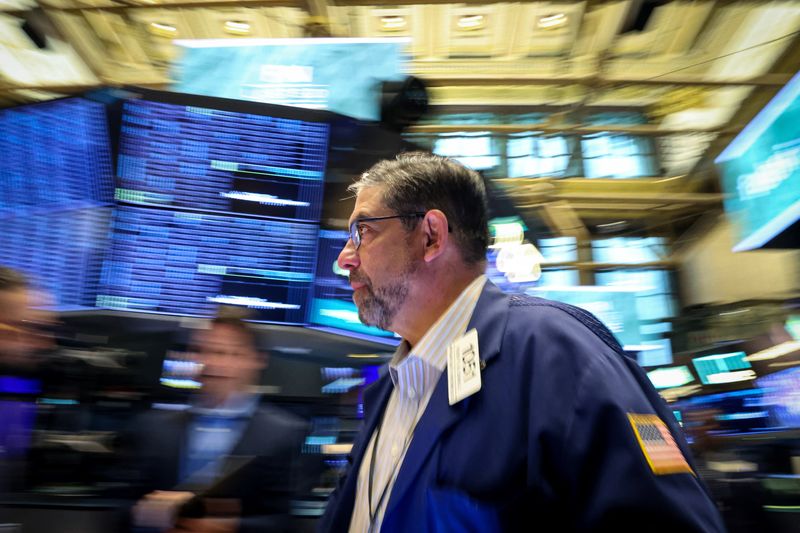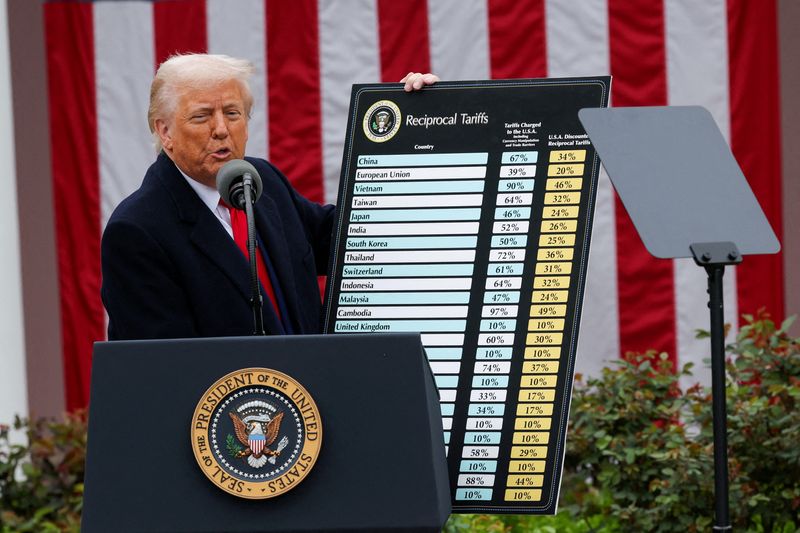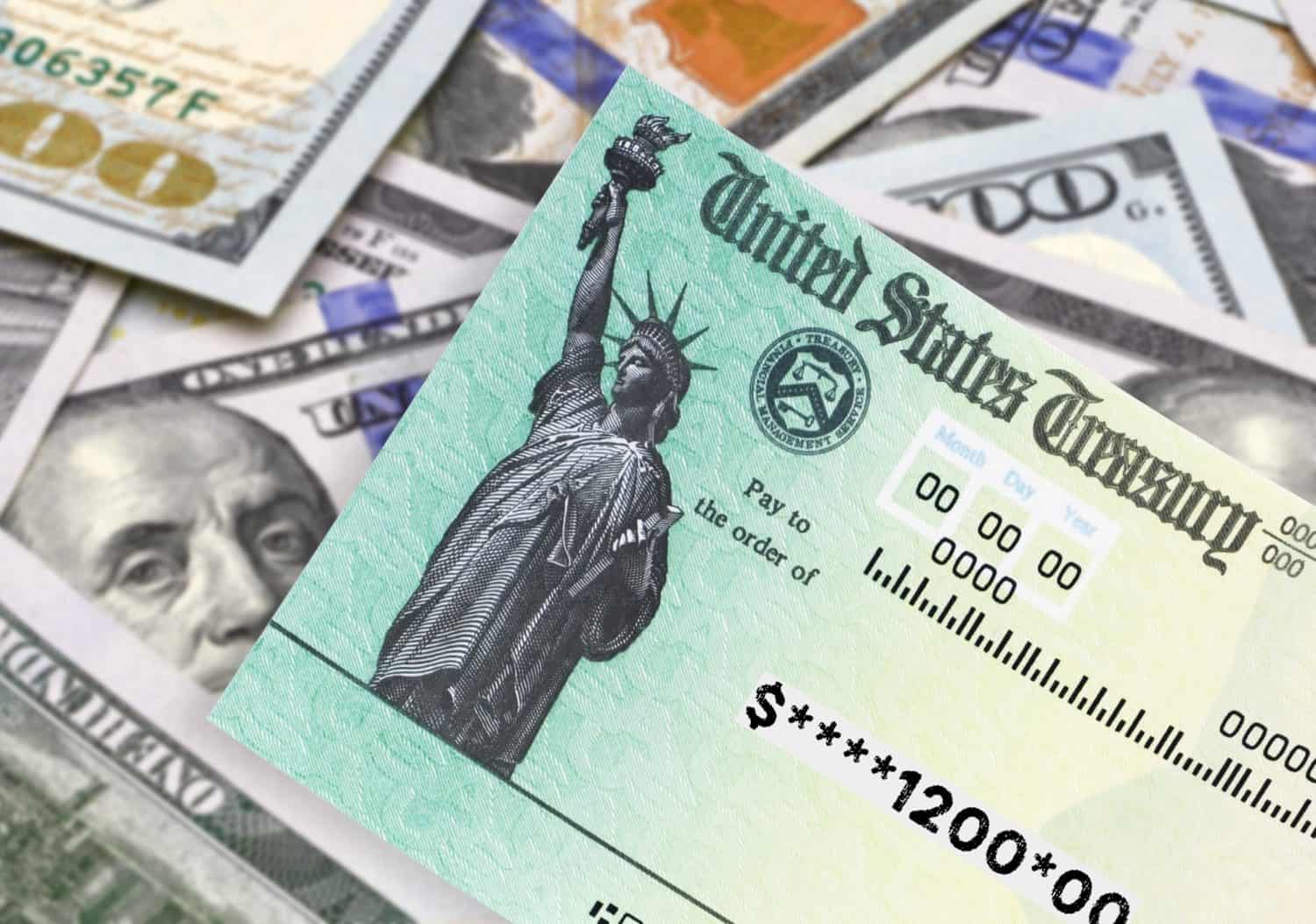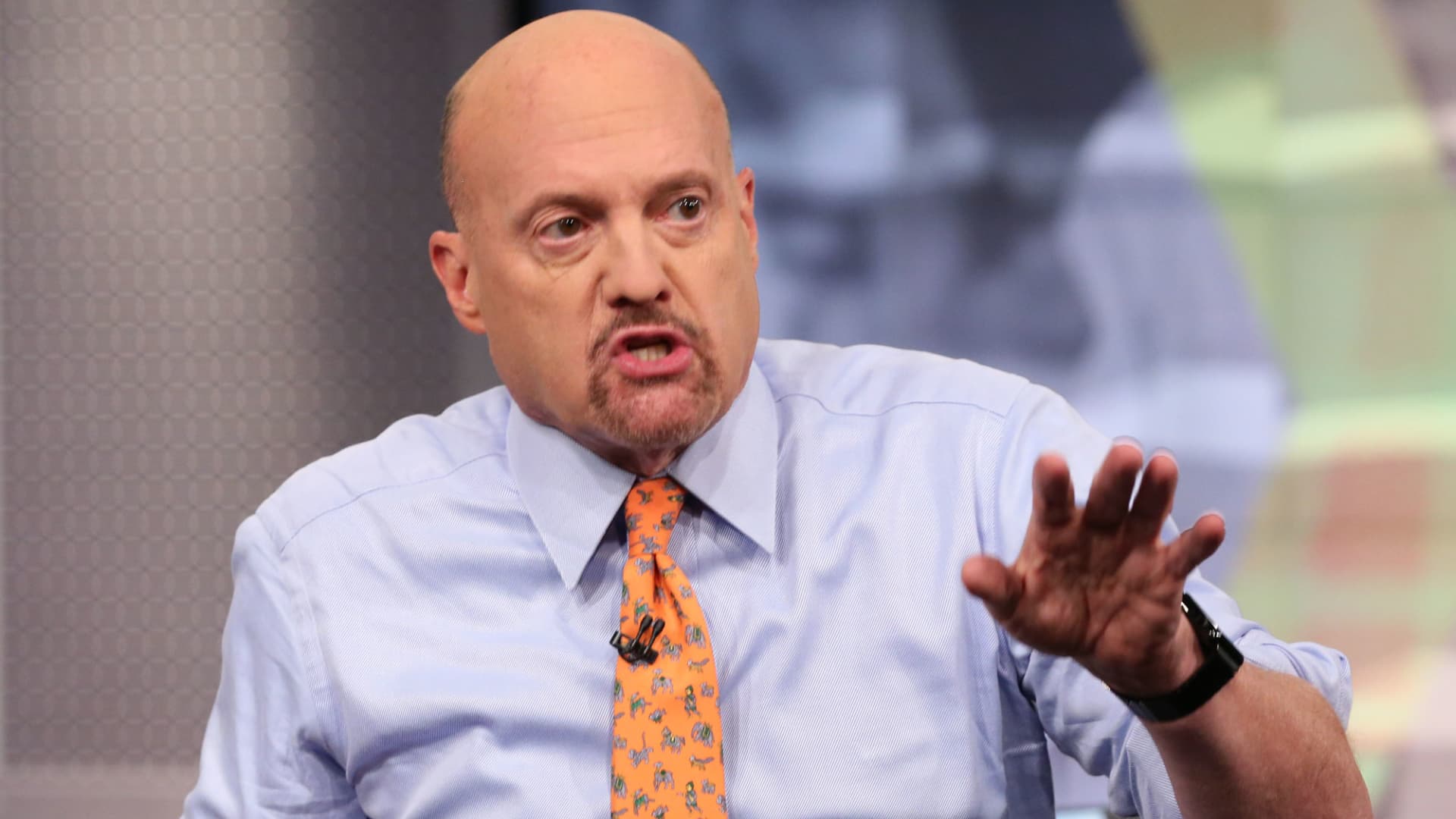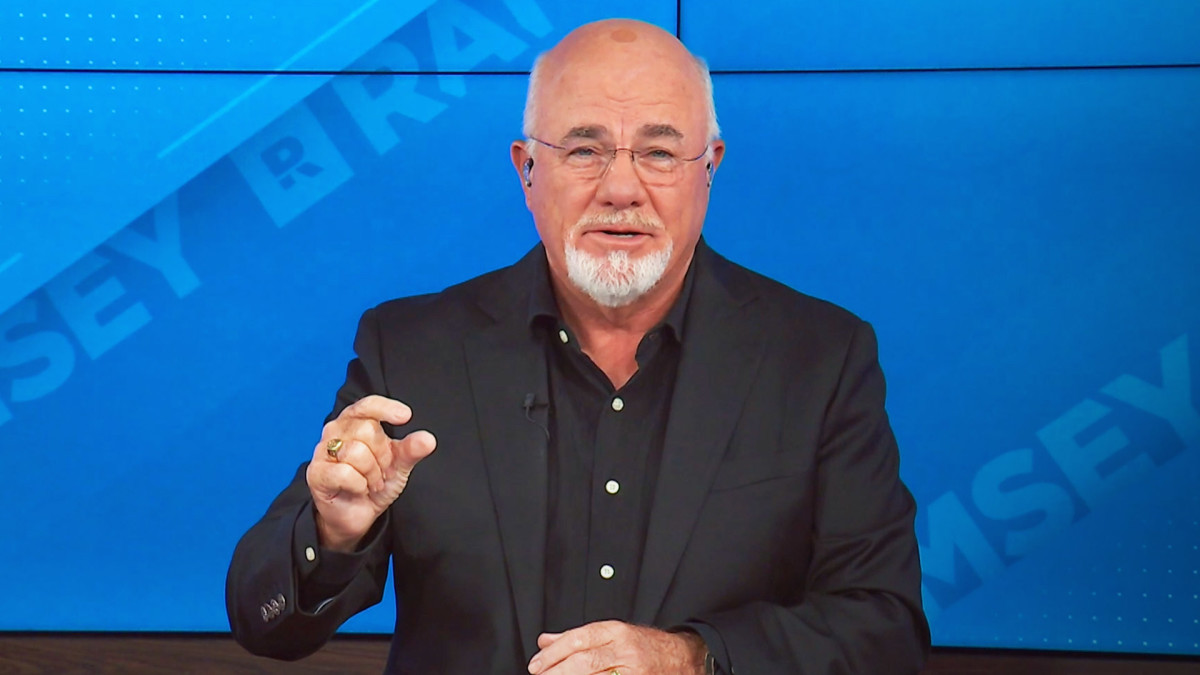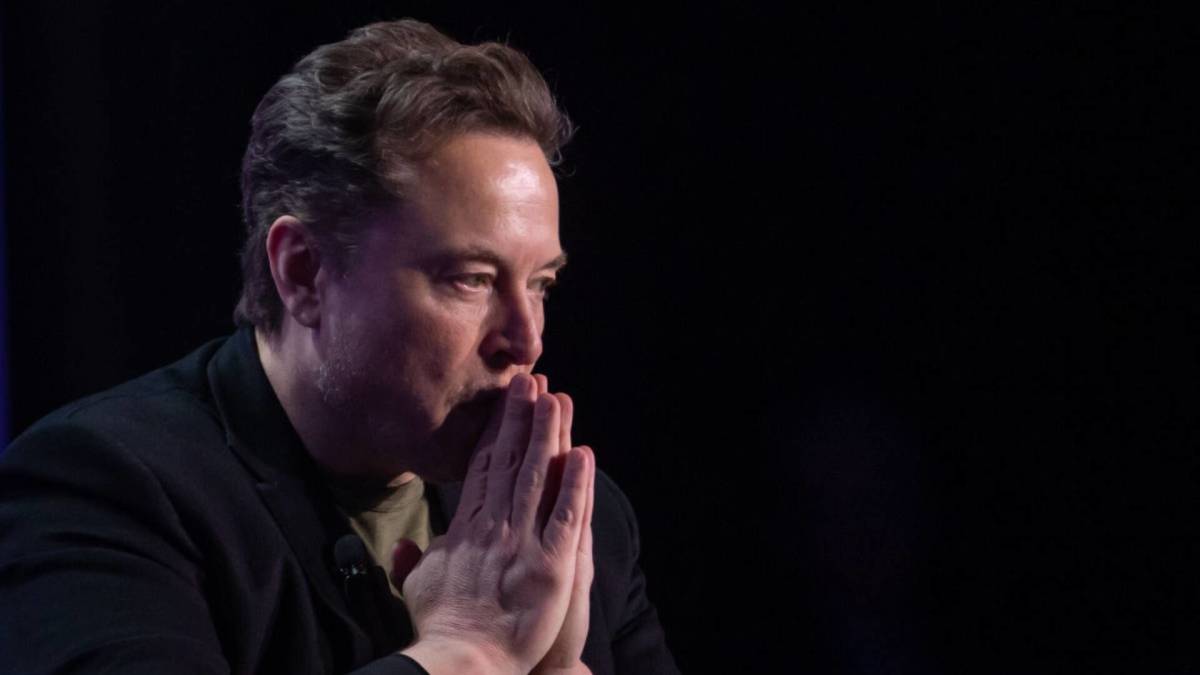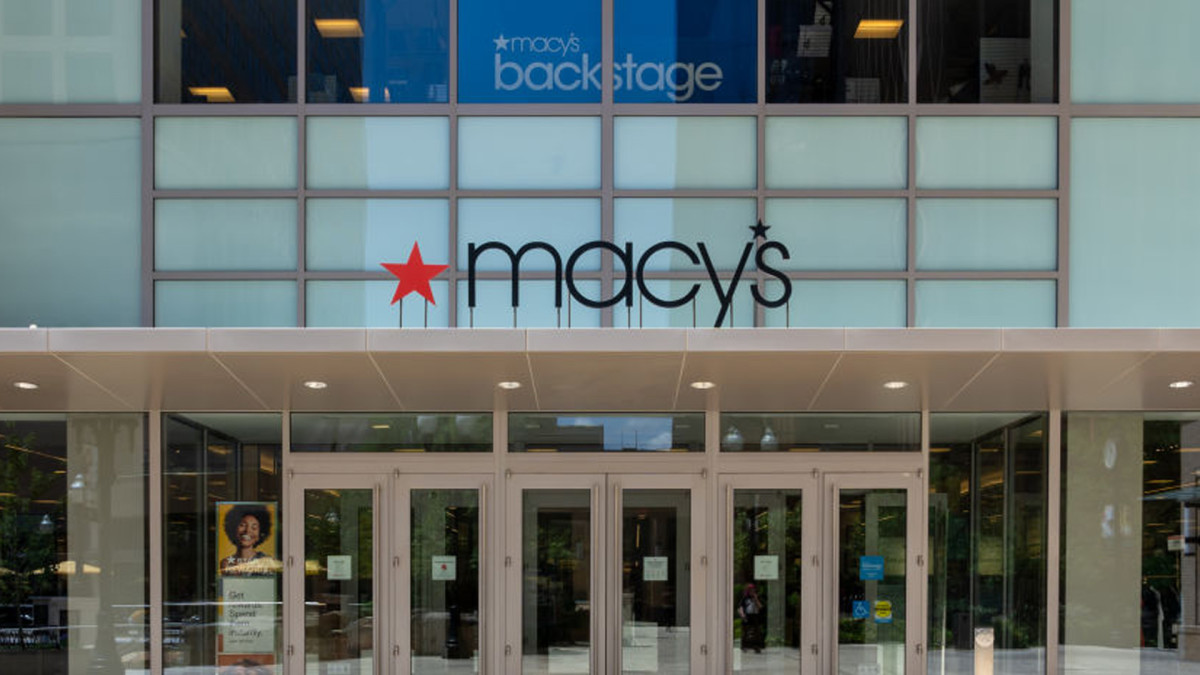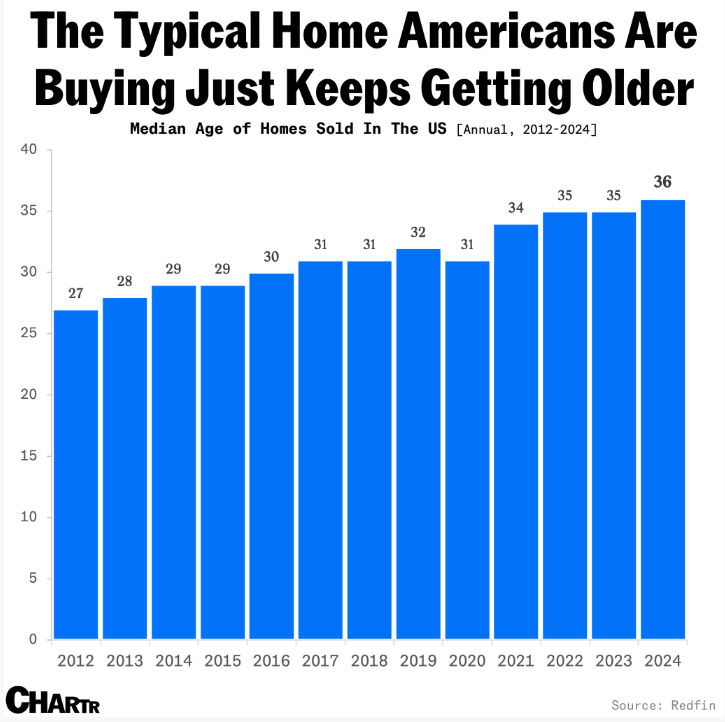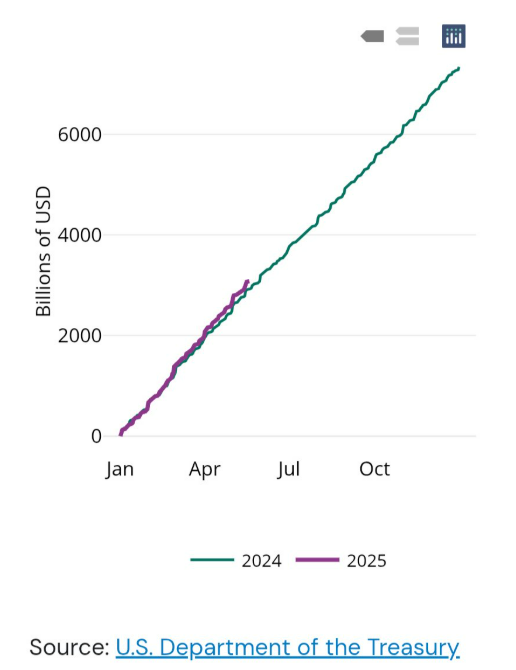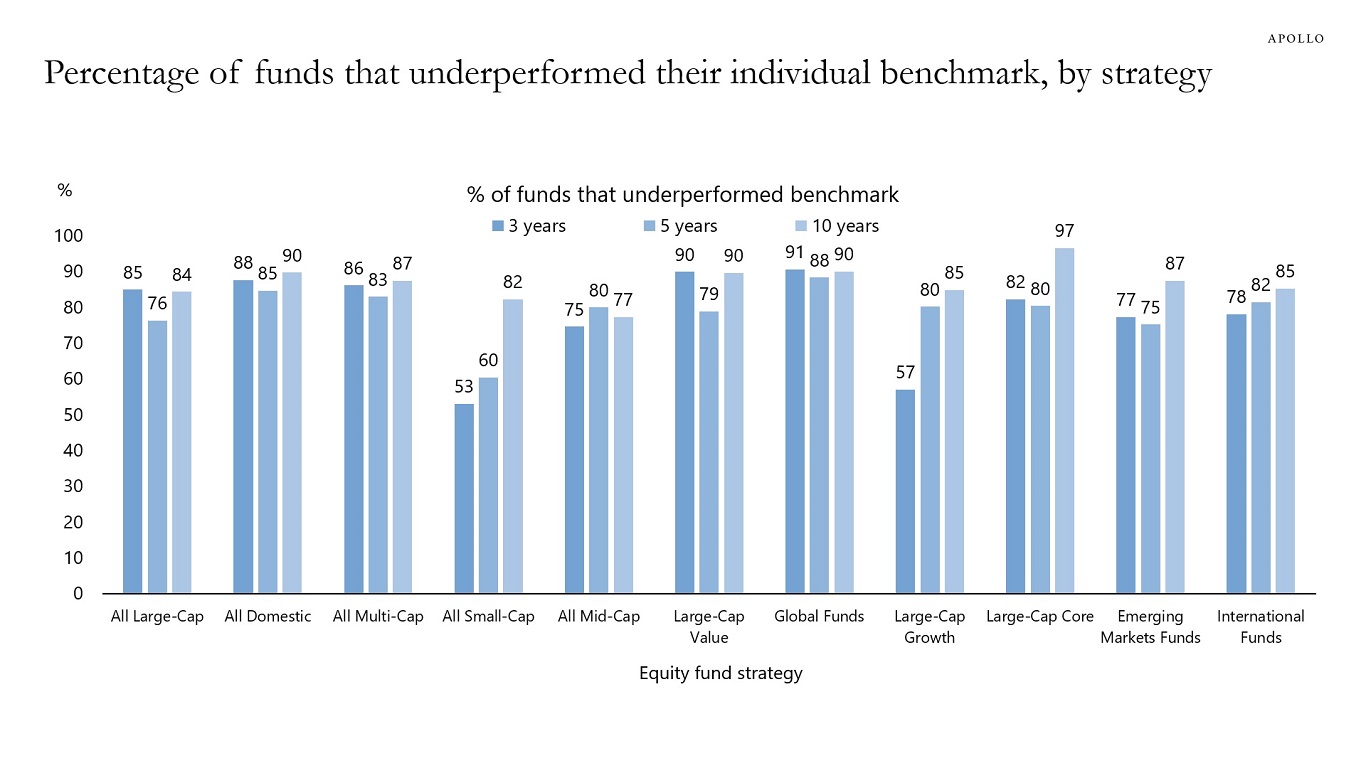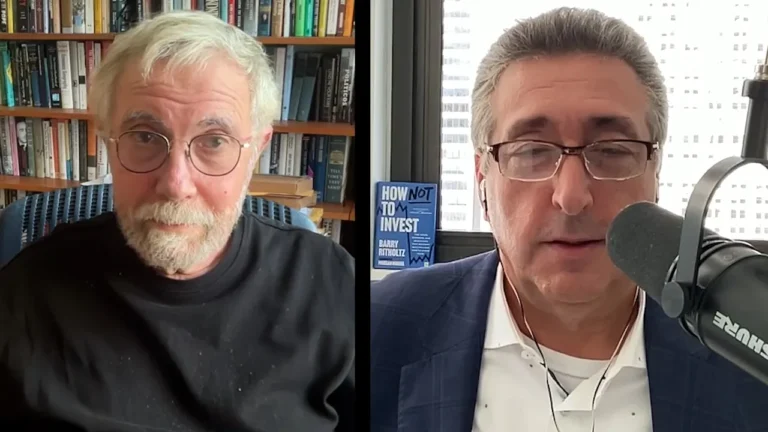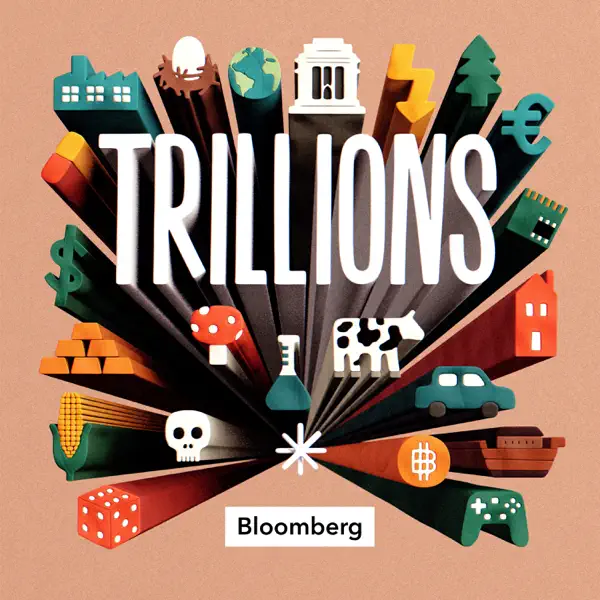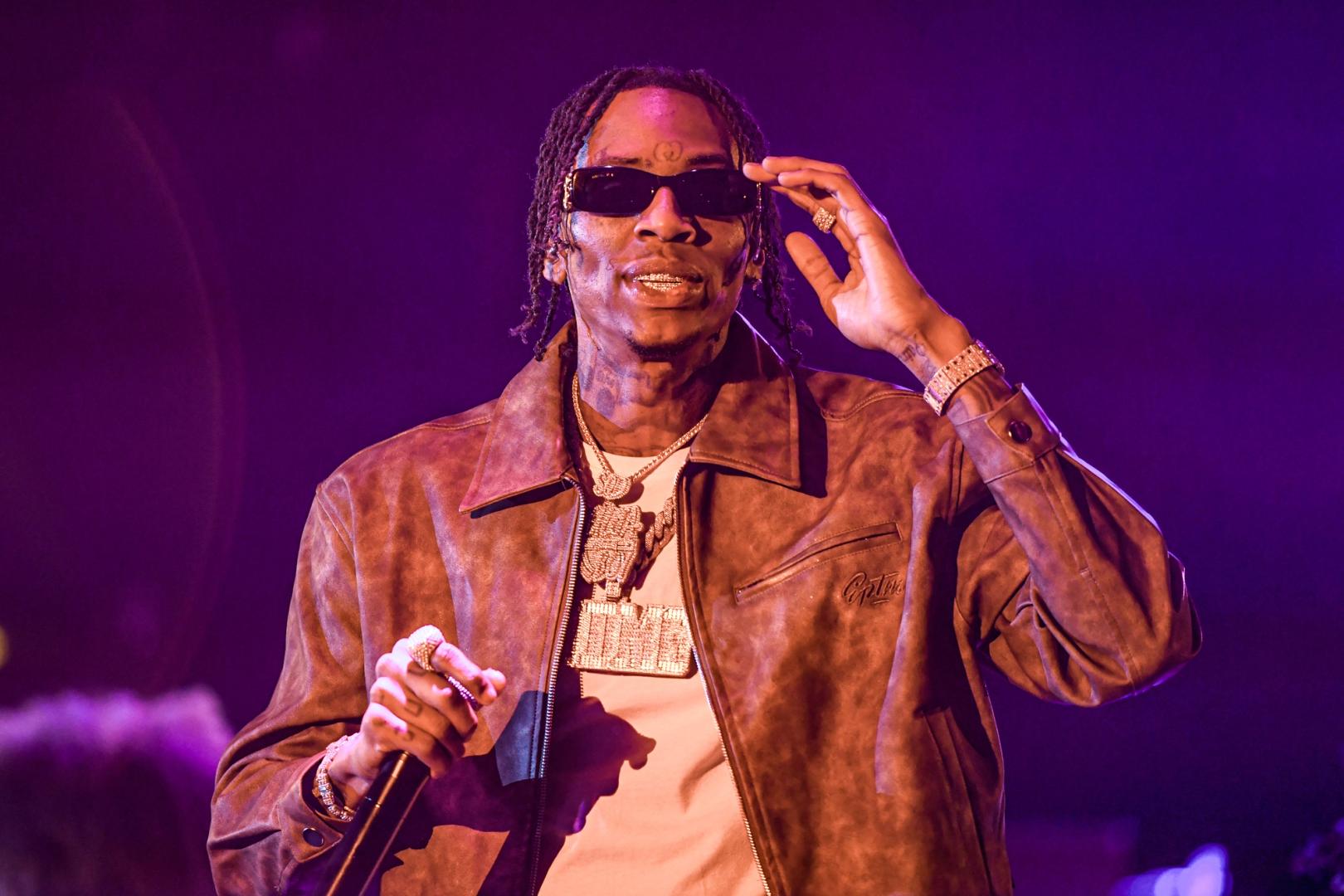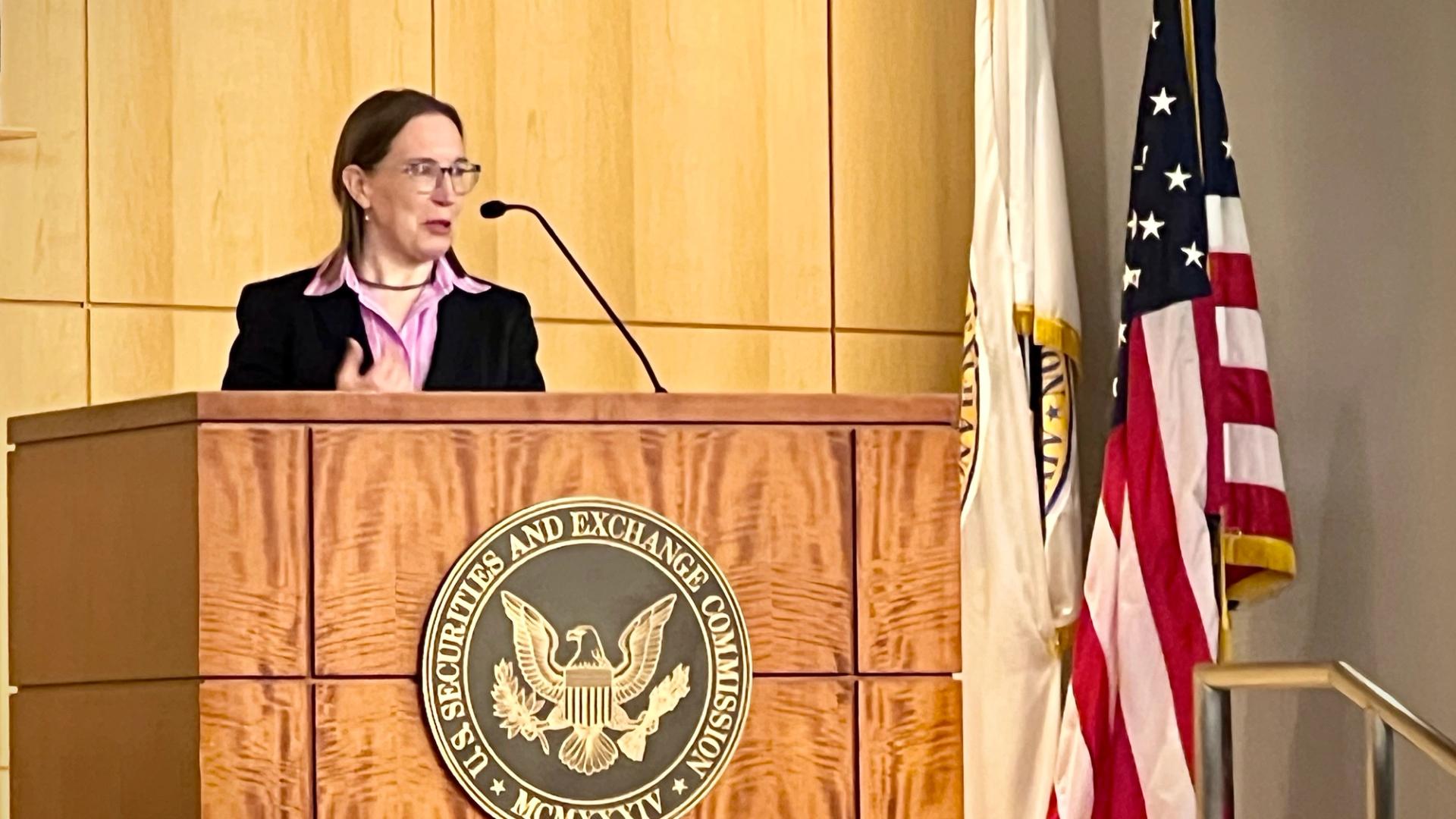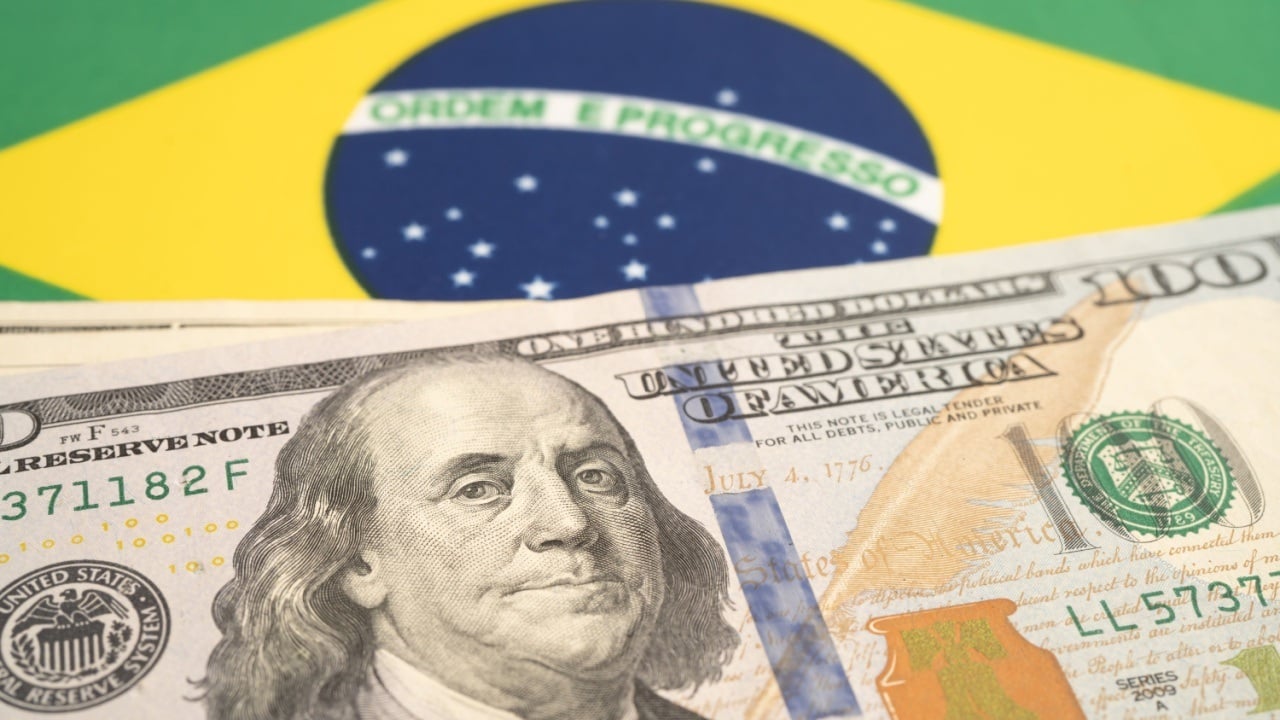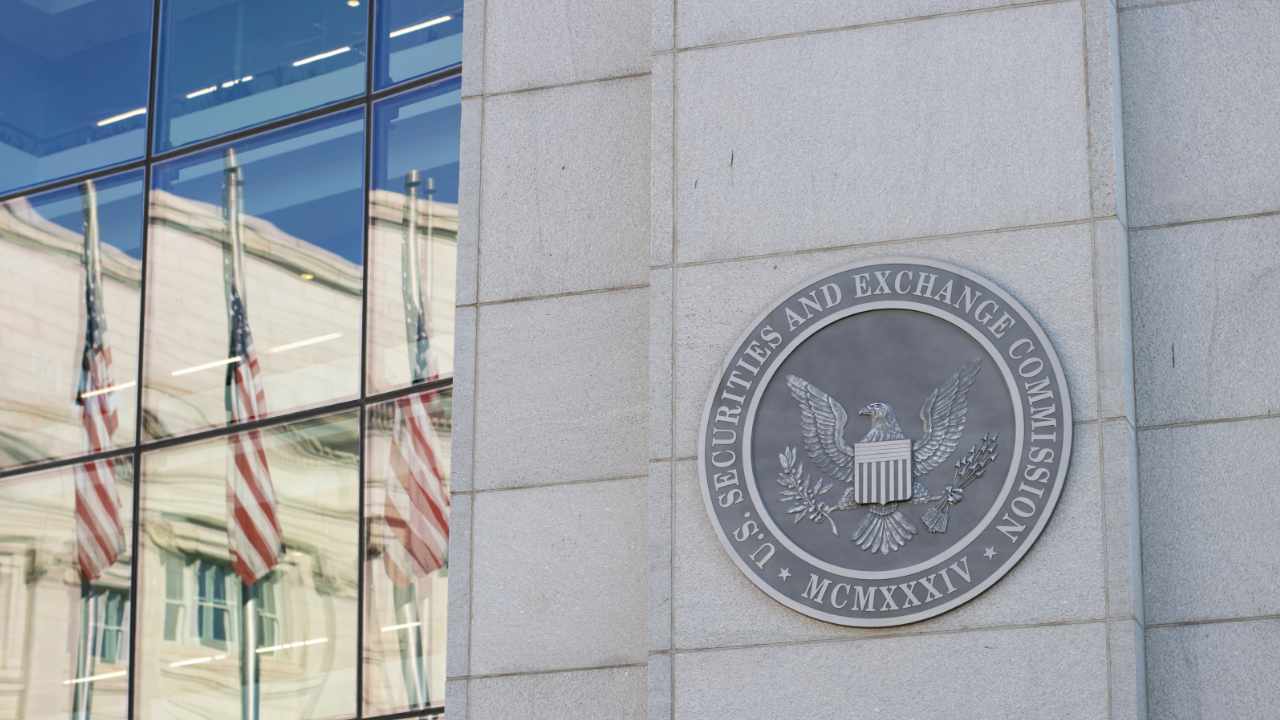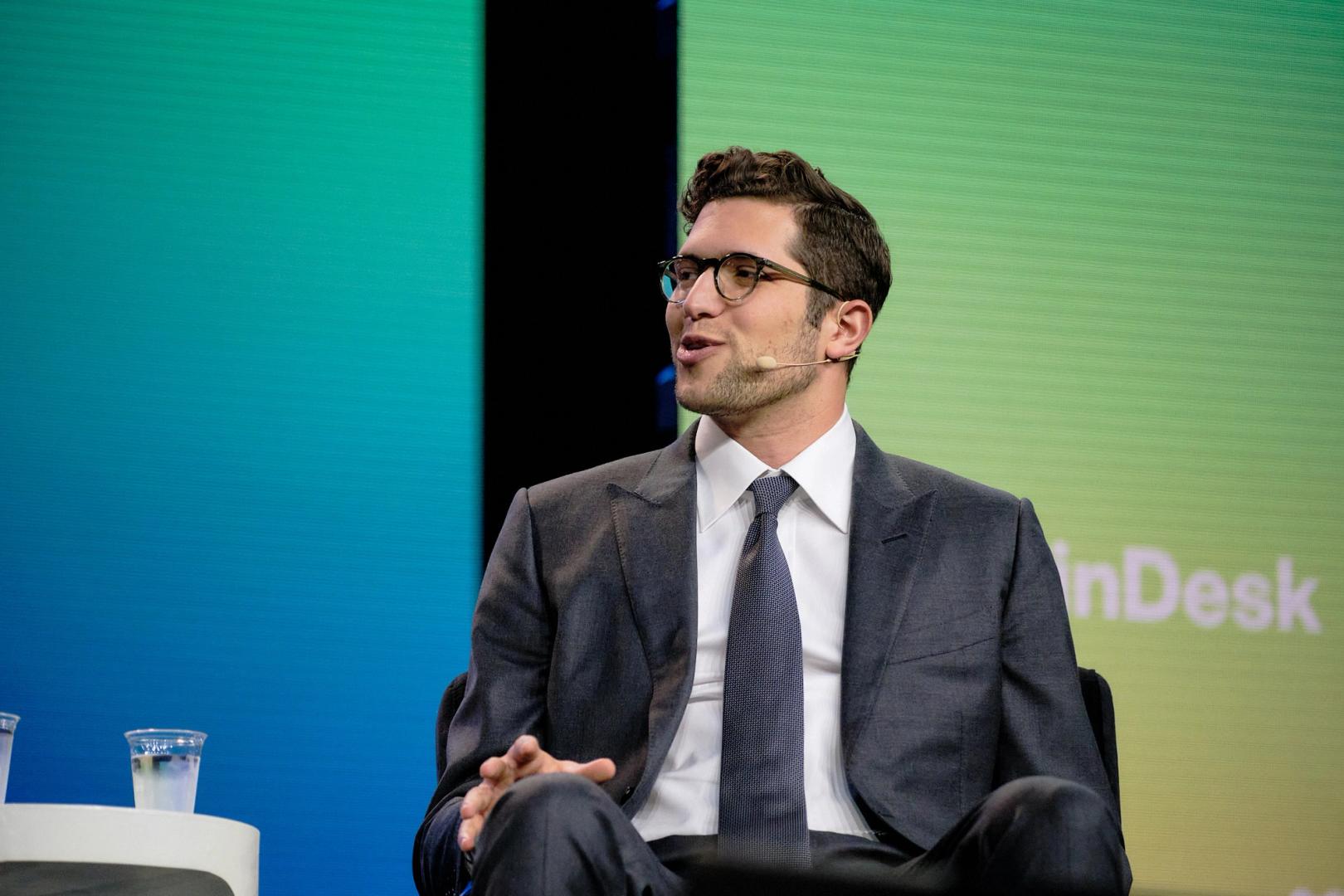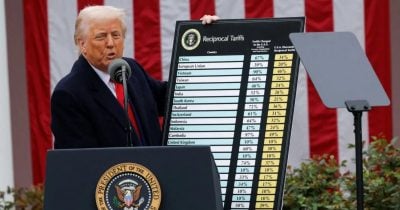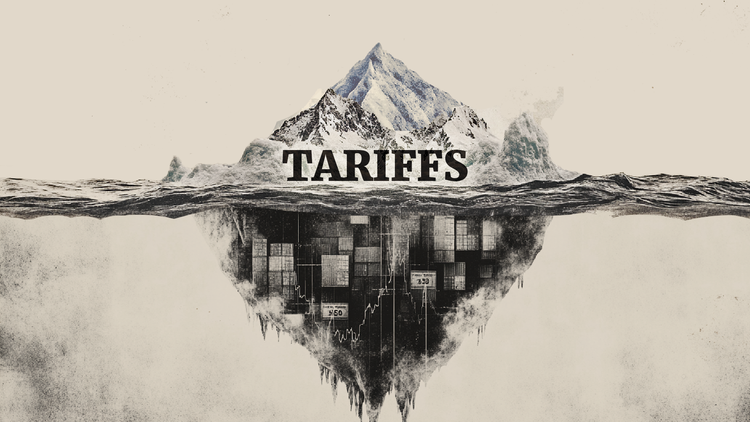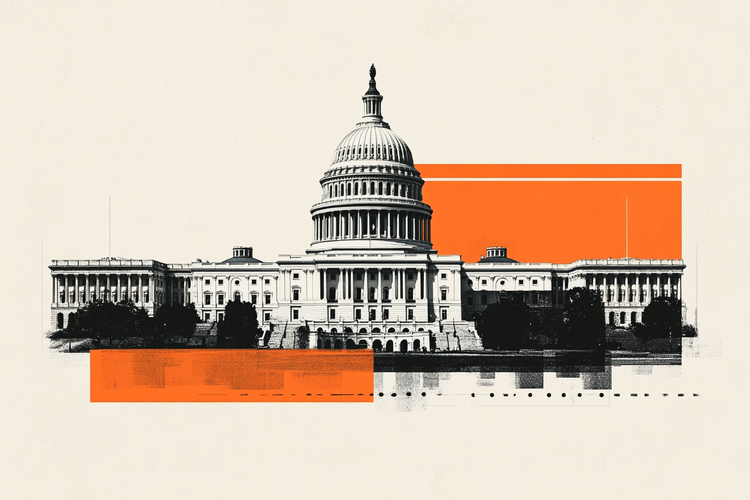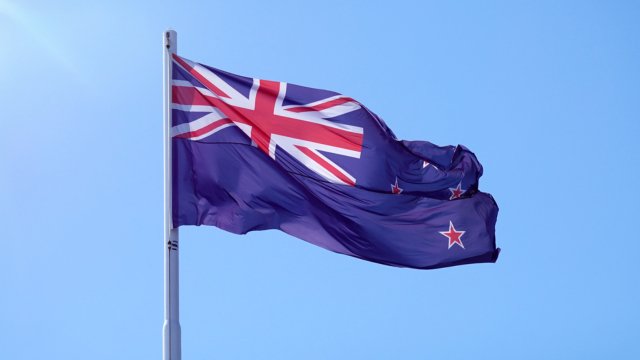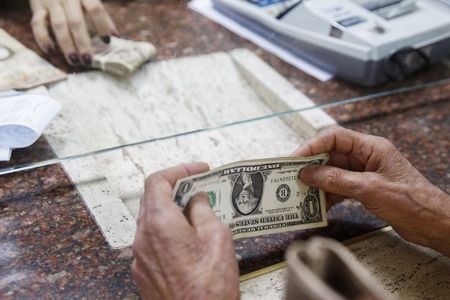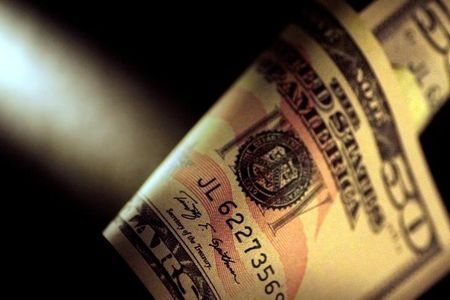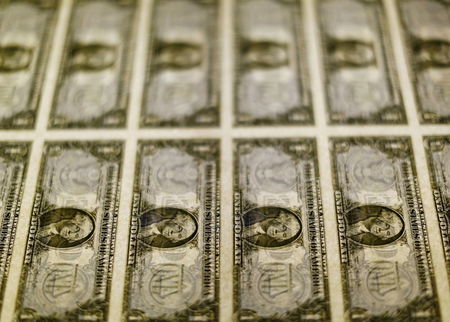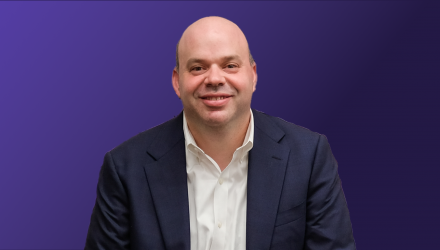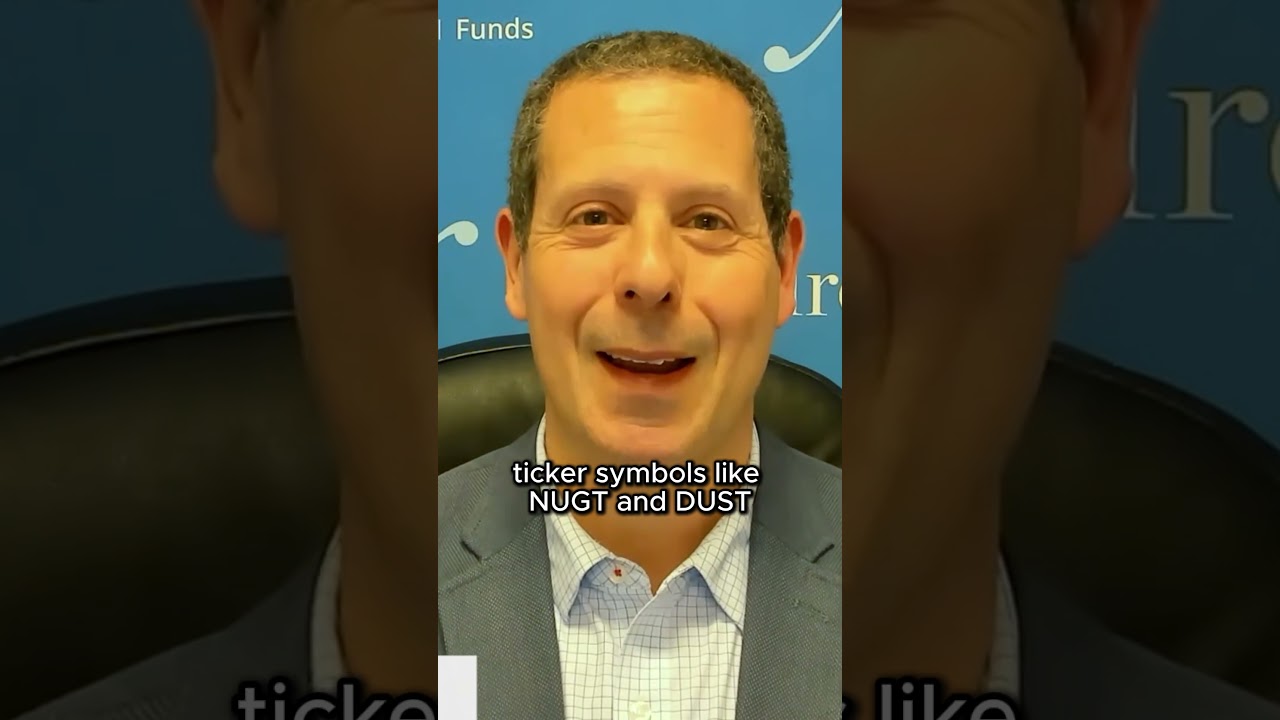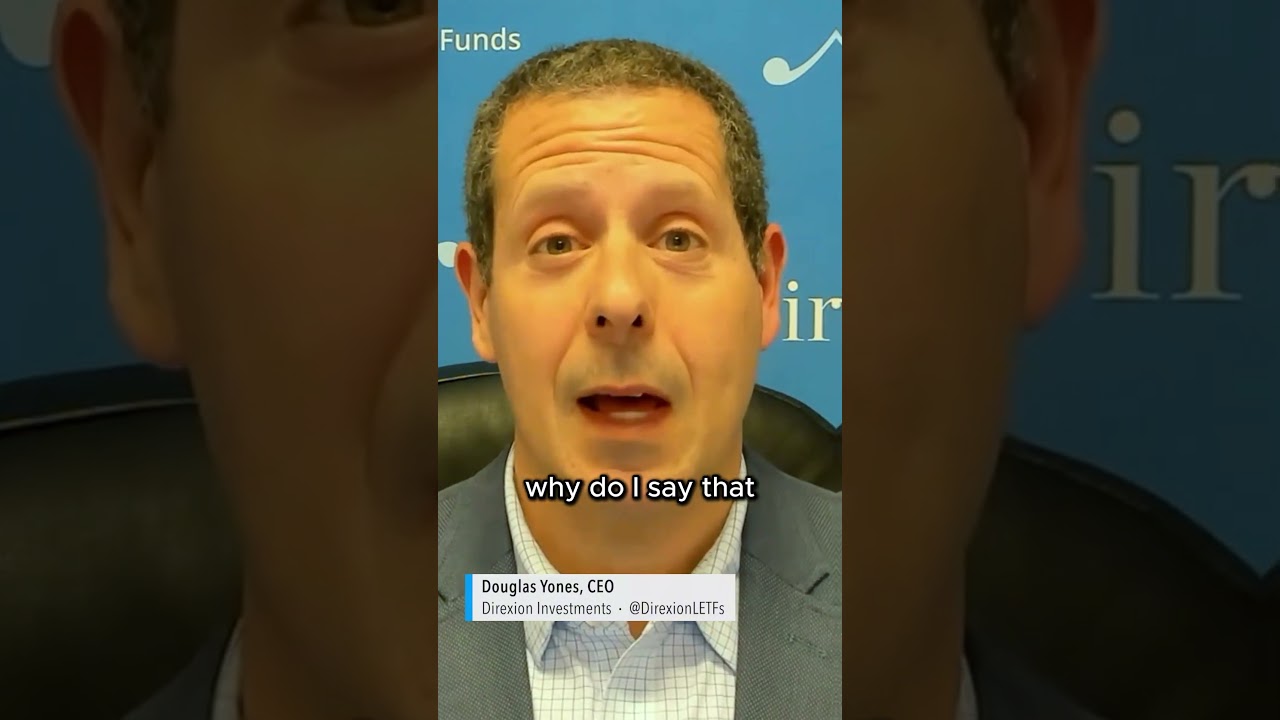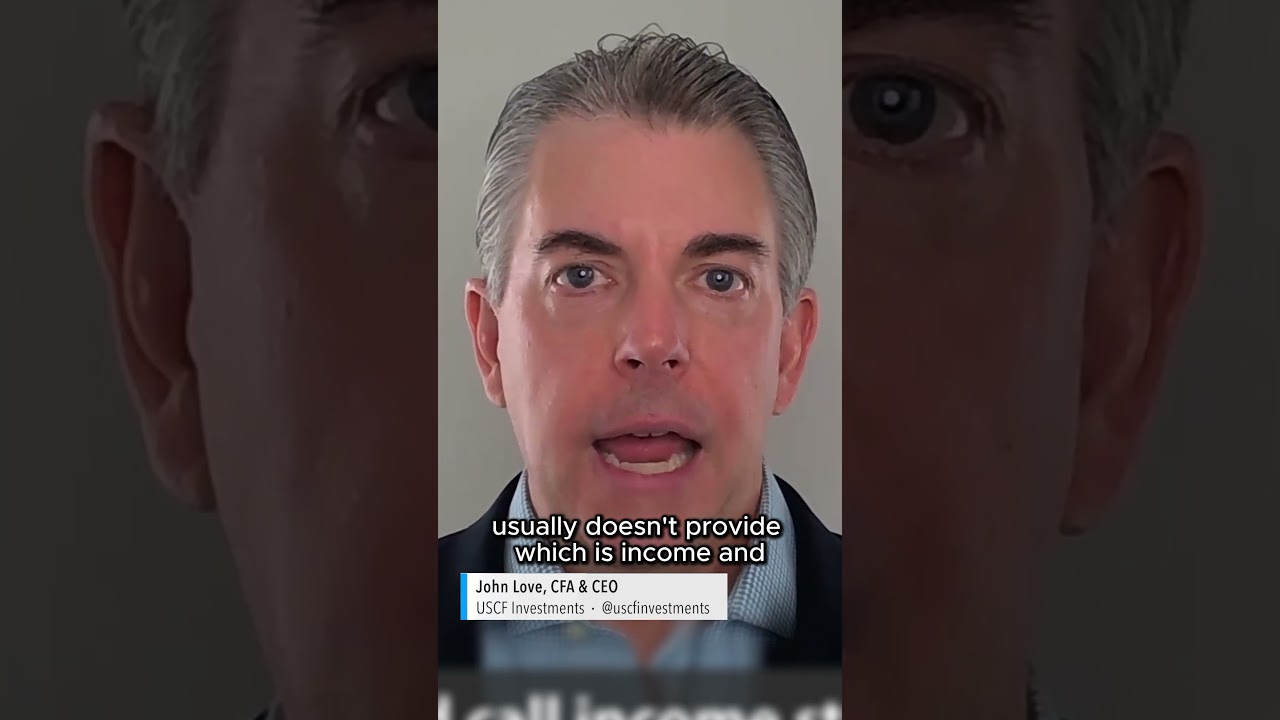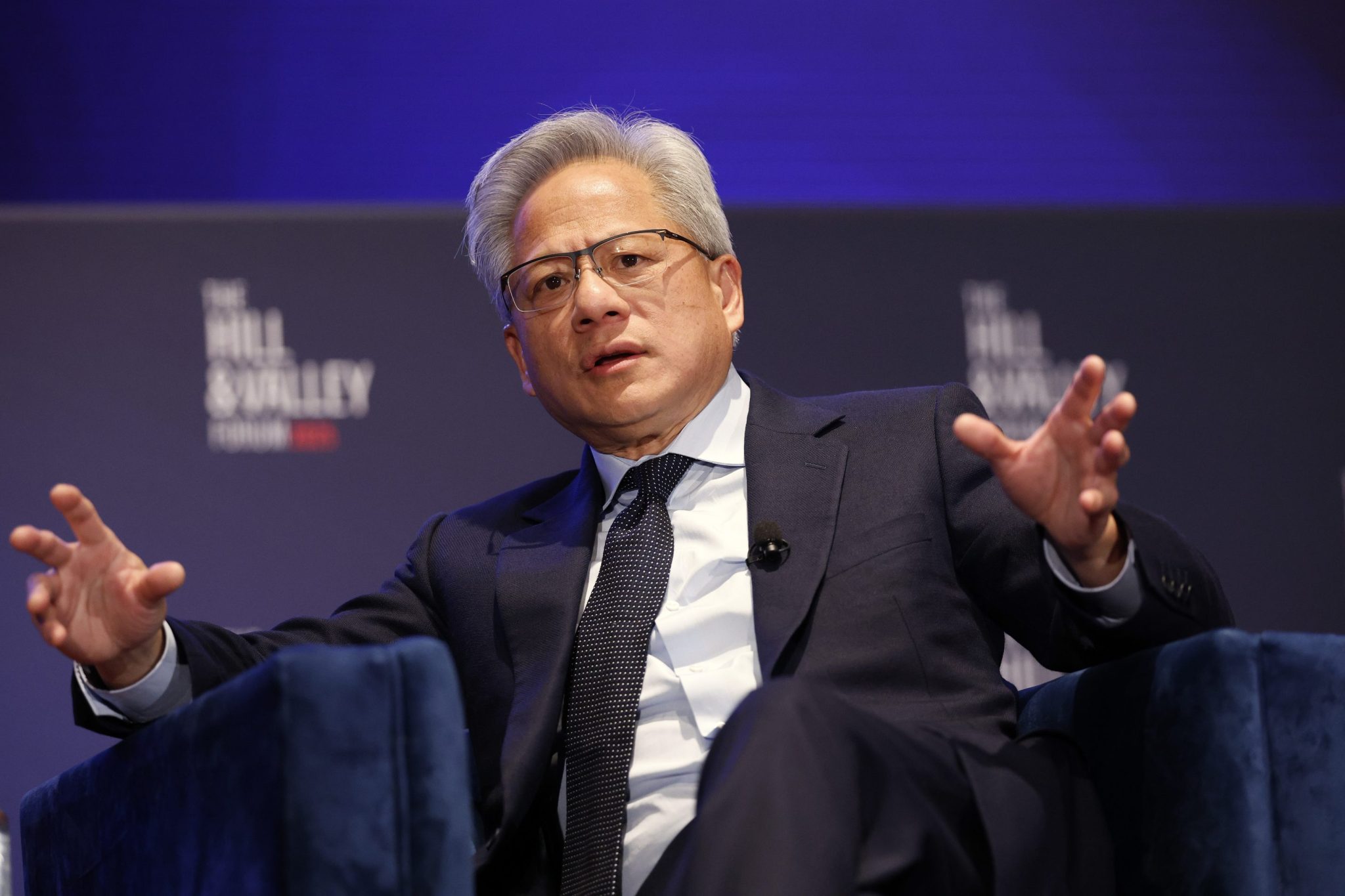Whoopi Goldberg, Halle Berry, Octavia Spencer, and other stars on how Hollywood treats Black women
"Number One on the Call Sheet" explores the racial pay gap and the lack of diversity across major categories at industry awards shows.

Good morning! RFK Jr. ends COVID vaccine recommendation for pregnant women, NPR sues Trump, and Fortune’s Ellie Austin on a new documentary examining the obstacles Black women face in Hollywood.
– Leading ladies. Less than 4% of today’s top-grossing films star a Black actress.
That’s the dispiriting statistic that opens Number One on the Call Sheet, a documentary that examines Black excellence in Hollywood and the inequities and obstacles that Black women confront at the highest echelons of the entertainment industry. The statistic is sourced from a report from the Geena Davis Institute.
The film, comprised of searingly honest interviews with actresses including Whoopi Goldberg, Taraji P. Henson, Halle Berry, Viola Davis, Cynthia Erivo and more, is one half of a two-part documentary series now streaming on Apple TV+. (Its sister film focuses on the experience of Black men in Hollywood via the testimonies of stars including Idris Elba, Jamie Foxx, Denzel Washington, and Don Cheadle.) The women’s film, directed by Shola Lynch, highlights the patience and resilience that women like Goldberg had to employ before they were viewed as someone who could lead a major production or, in industry terms, be number one on the call sheet.
Goldberg is candid, for example, that despite being at the height of her mainstream success in the early 1990s, she feels that she was only cast in Sister Act because Bette Midler wasn’t available. The film also explores the racial pay gap and the lack of diversity across major categories at industry awards shows: Halle Berry is the only Black woman to have won the Best Actress Oscar, for Monster’s Ball in 2022. Meanwhile, ten Black women have been crowned Best Supporting Actress, including Zoe Saldana who won the category at this year’s ceremony for her role in Emilia Pérez. “There’s a glass ceiling in our business,” says Lynch. “The best way to illustrate that became the Academy [Awards].”
“I don’t think the industry really sees us as leads, you know?” Henson comments in the film. “They give us supporting [actress awards] like they give out candy canes. That just—I don’t know what to do with that. Because what are you saying to me?”
Yet, there is some progress to celebrate. Seventeen “top, leading Black actresses,” sat for interviews for the film, according to Lynch. That number, in itself, is a success, she says. “I was frankly astonished that there were so many of them,” she says. “It was such a wakeup call. We are constantly trying to make everything better, but we also need to take a moment to say, ‘Wow, look at what we’ve accomplished.’ It was not like this 20 years ago.”
Ellie Austin
ellie.austin@fortune.com
The Most Powerful Women Daily newsletter is Fortune’s daily briefing for and about the women leading the business world. Today’s edition was curated by Nina Ajemian. Subscribe here.
This story was originally featured on Fortune.com





